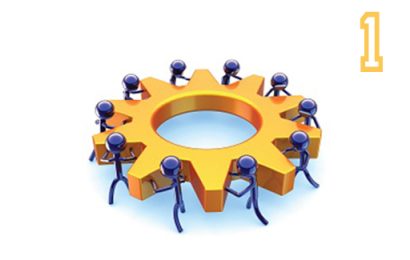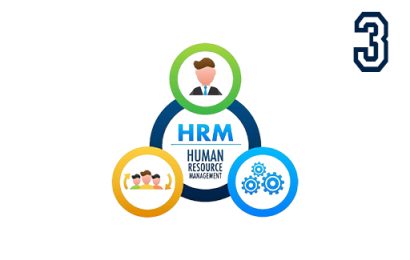
- Quizzes: 12
Organizational Behavior (OB) is the study of how individuals, groups, and structures impact behavior within organizations. Its roots can be traced back to the early 20th century, influenced by scientific management (Frederick Taylor) and human relations movements (Elton Mayo). Over time, OB has evolved, incorporating psychology, sociology, and management sciences to understand workplace dynamics better.
Key theories in OB include Maslow’s Hierarchy of Needs, Herzberg’s Two-Factor Theory, and McGregor’s Theory X and Theory Y. These frameworks help organizations enhance motivation, leadership, communication, and team performance. Modern OB research also focuses on emotional intelligence, organizational culture, and diversity and inclusion.
Practically, OB plays a vital role in improving workplace productivity, job satisfaction, and employee engagement. By understanding human behavior, businesses can create effective policies, encourage collaboration, and foster innovation. With rapid technological advancements and changing work environments, OB remains essential for navigating workplace challenges and driving organizational success.
Understanding and applying OB principles can lead to a more efficient, motivated, and adaptable workforce, making it a crucial discipline for businesses and professionals alike. Whether in leadership, HR, or team management, OB insights contribute to a thriving and sustainable work culture.
Curriculum
- 2 Sections
- 0 Lessons
- Lifetime
- Notes0
- MCQ12
- 2.1Organisational Behaviour – Significance & Theories10 Minutes20 Questions
- 2.2Individual behaviour – personality, perception, values, attitude, learning and motivation10 Minutes20 Questions
- 2.3Group Behaviour – Team Building, Leadership, Group Dynamics10 Minutes20 Questions
- 2.4Interpersonal Behaviour & Transactional Analysis10 Minutes20 Questions
- 2.5Organizational Culture & Climate10 Minutes20 Questions
- 2.6Work Force Diversity & Cross Culture Organisational Behaviour10 Minutes20 Questions
- 2.7Emotions and Stress Management10 Minutes20 Questions
- 2.8Organisational Justice and Whistle Blowing10 Minutes20 Questions
- 2.9Power, Politics, and Conflict10 Minutes20 Questions
- 2.10Organisational Change and Development10 Minutes20 Questions
- 2.11Change management, conflict management and OD interventions10 Minutes20 Questions
- 2.12Organisational behaviour and workplace dynamics10 Minutes20 Questions






